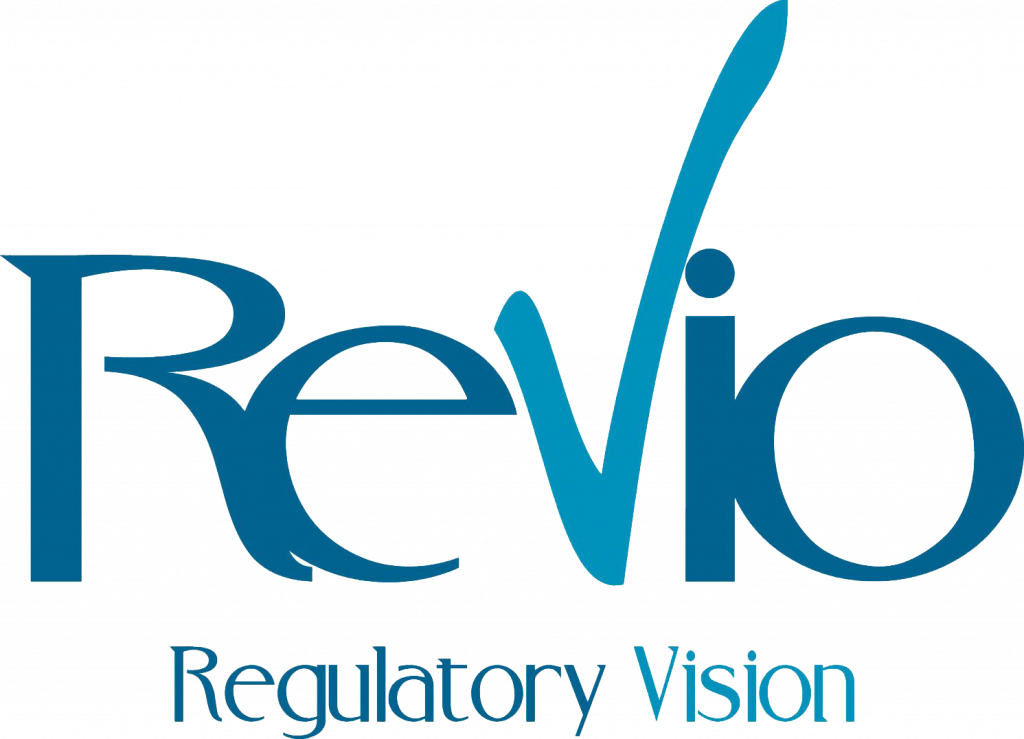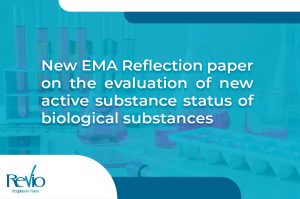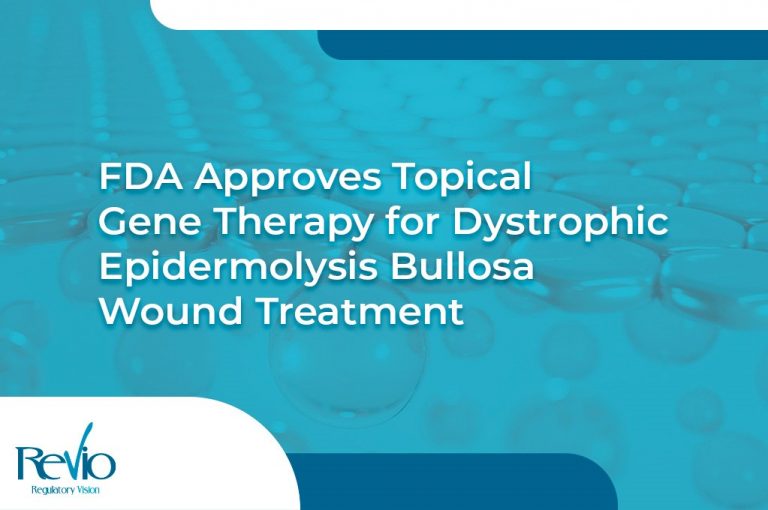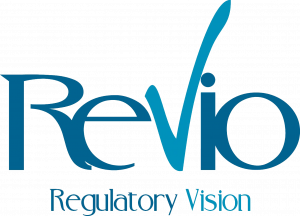Recently, the EMA’s Committee for Medicinal Products for Human Use (CHMP) has issued positive opinions recommending the grating of a market authorization of two different Advanced Therapy Medicinal Products (ATMPs). These products are Ebvallo, a cell therapy intended to treat post-transplant lymphoproliferative disease, and Hemgenix, a gene therapy intended for the treatment of Haemophilia B.
Ebvallo
Ebvallo received European Comission approval on December 19, 2022, and its marketing authorisation was issued under exceptional circumstances, which means that is subject to certain specific obligations and will be reviewed annually.
This happens when the applicant can show that they are unable to provide comprehensive data on the efficacy and safety of the medicinal product due to the rarity of the condition, limited scientific knowledge, or ethical considerations.
Its full indication is as monotherapy for treatment of adult and paediatric patients 2 years or age and older with relapsed or refractory Epstein-Barr virus positive post-transplant lymphoproliferative disease (EBV+ PTLD) who have received at least one prior therapy.
The active substance of Ebvallo is tabelecleucel, an allogeneic, EBV-specific T-cell immunotherapy which targets and eliminates EBV-infected cells in a human leukocyte antigen (HLA)-restricted manner.
It is an ATMP made up of immune system cells called T cells that have been taken from a donor (allogeneic). The T-cells are first mixed with another type of white blood cells of the immune system (B-cells) from the same donor that have been infected with the Epstein-Barr virus. As a result, the T cells learn to recognise the infected B cells.
The T cells are then cultured to increase their numbers. When administered to the patient, the T-cells are expected to attack and eliminate the patient’s own infected B-cells. This helps to control cancers associated with the virus.
In their phase 3 clinical trial, approximately half of the treated subjects achieved partial or complete remission. A significant number of patients responded to the treatment with a durable response of six months or more without disease signs or symptoms after treatment.
The medicine was also designated an orphan medicine, meaning that it was developed for use against a rare, life-threatening or chronically debilitating condition.
Hemgenix
Hemgenix received the positive opinion by the CHMP on 15 December 2022, and it is now waiting for European Commission final decision.
In the case of Hemgenix, a conditional marketing authorisation was issued, meaning that the medicinal product meets an unmet medical need and the public health benefit of its immediate availability outweighs the risk inherent in the fact that additional data are still required. For this, the marketing authorisation holder is expected to provide full clinical data at a later stage.
Hemgenix is indicated for the treatment of severe and moderately severe Haemophilia B (congenital Factor IX deficiency) in adult patients without a history of Factor IX inhibitors. In addition, it should be prescribed by physicians experienced in the treatment of haemophilia and bleeding disorders.
Etranocogene dezaparvovec, the active substance which is delivered as a single infusion, is based on a virus (adeno-associated virus) which has been modified to not cause disease in humans. The virus contains copies of the gene responsible for producing factor IX. When injected into the patient’s vein, the virus is carried to the liver where the gene will be taken up into the patient’s liver cells and start producing factor IX, thereby limiting bleeding episodes.
Efficacy data show that the treatment significantly reduces the frequency of bleeding compared to standard care. It also achieves clinically relevant levels of factor IX activity, and minimizes the need for prophylactic factor IX replacement therapy. Consequently, 96% of subjects treated with Hemgenix discontinued use of routine prophylaxis. Hemgenix was also designated as an orphan medicine.
We are here for you
We hope you found this information interesting and useful. If you want more information on these medicinal products you can check the CHMP opinion on Ebvallo and Hemgenix.
You can follow us on LinkedIn to get the latest updates, guidance and development on the pharmaceutical regulatory environment. You can also get in contact with REVIO here!





